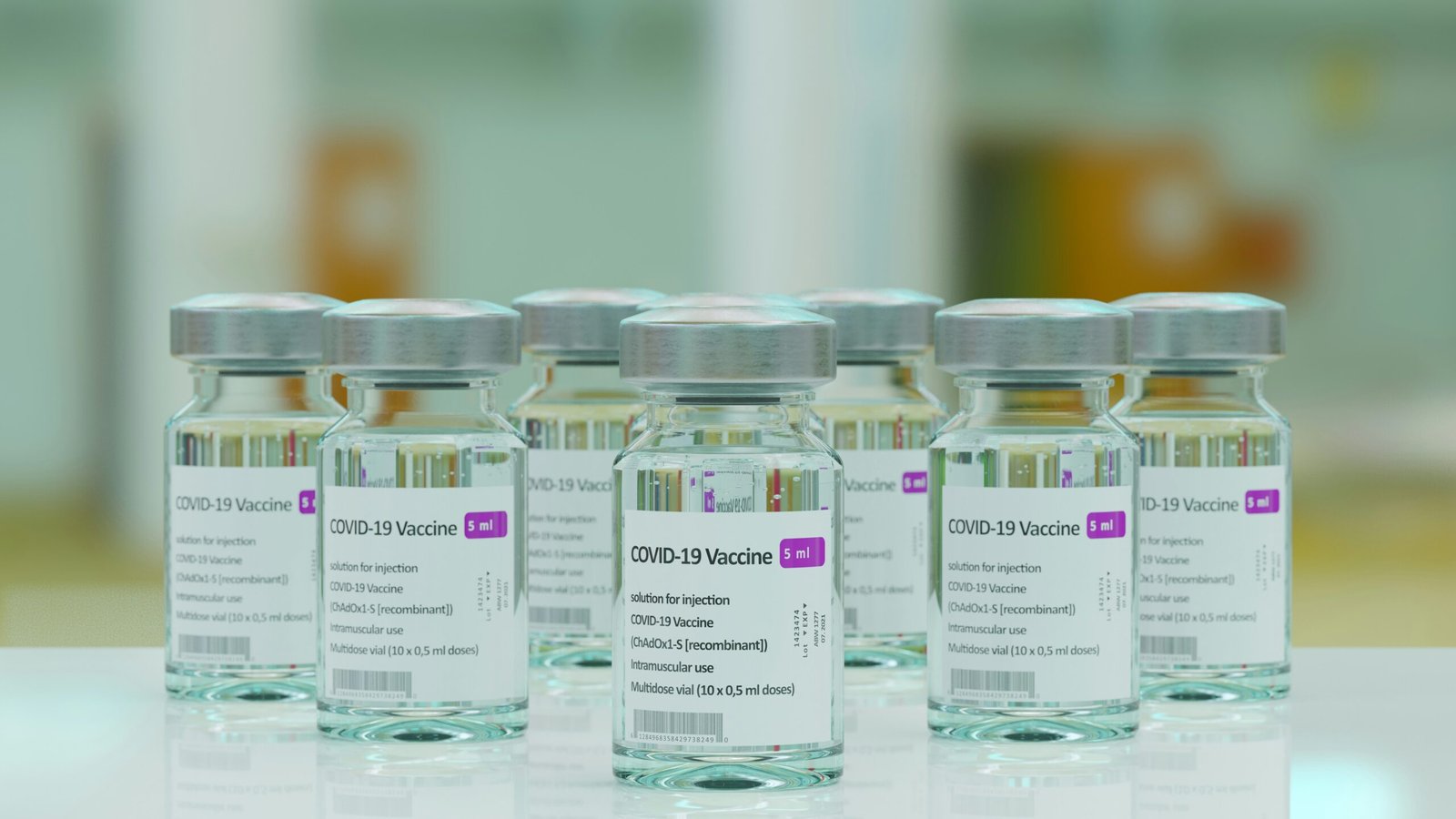Introduction
As the world continues its battle against the COVID-19 pandemic, the development and distribution of vaccines have been a ray of hope. However, like any medical intervention, COVID-19 vaccines have come under scrutiny, with concerns about potential side effects. One area that has sparked particular interest is the possibility of neurological side effects following vaccination. In this blog post, we will explore the topic and shed some light on the facts behind the headlines.
The Vaccine and the Brain
Before we dive into the specifics, it’s important to understand how vaccines work. Vaccines stimulate the immune system to recognize and fight off a particular pathogen, in this case, the SARS-CoV-2 virus. The COVID-19 vaccines currently available have been rigorously tested and proven to be safe and effective in preventing severe illness and reducing the spread of the virus.
Now, let’s address the elephant in the room – neurological side effects. While it is true that some individuals have reported neurological symptoms after receiving the COVID-19 vaccine, it is crucial to distinguish between correlation and causation. Just because an event happens after receiving the vaccine does not necessarily mean it was caused by the vaccine itself.
Exploring the Reported Cases
Several neurological symptoms have been reported following COVID-19 vaccination, including headaches, dizziness, and even more severe conditions like Guillain-Barré syndrome. However, it is essential to note that these cases are extremely rare and occur at a similar rate, if not lower, than in the general population.
Furthermore, the benefits of vaccination far outweigh the potential risks. COVID-19 itself has been linked to various neurological complications, including encephalitis and stroke. By getting vaccinated, individuals can significantly reduce their risk of contracting the virus and experiencing these severe neurological consequences.
Understanding the Science
So, why do some individuals experience neurological symptoms after vaccination? Well, it’s all about the immune response. When the immune system is activated by the vaccine, it can trigger an inflammatory response. In some cases, this inflammation can affect the nervous system, leading to temporary neurological symptoms.
It’s important to emphasize that these symptoms are usually mild and resolve on their own within a few days. The vast majority of individuals who experience neurological side effects recover fully without any long-term consequences.
Seeking Expert Advice
If you have concerns about potential neurological side effects of the COVID-19 vaccine, it is always best to consult with a healthcare professional. They can provide personalized guidance based on your medical history and help address any specific concerns you may have.
Remember, the scientific community is continually monitoring the safety and efficacy of COVID-19 vaccines. If any significant concerns arise, appropriate actions will be taken to ensure public health and safety.
The Bottom Line
When it comes to neurological side effects of COVID-19 vaccination, it’s essential to separate fact from fiction. While there have been rare cases of neurological symptoms reported, the overall risk is minimal compared to the potential benefits of vaccination in preventing severe illness and reducing the spread of the virus.
So, if you’re eligible for the COVID-19 vaccine, roll up your sleeve and embrace the opportunity to protect yourself and those around you. Remember, in the battle against the pandemic, vaccination is our most potent weapon.
Conclusion
Neurological side effects following COVID-19 vaccination have sparked concern and debate. However, it is crucial to approach the topic with a balanced perspective. The reported cases of neurological symptoms are rare and typically resolve without any long-term consequences. By focusing on the facts and seeking expert advice, we can make informed decisions and contribute to the collective effort of overcoming the pandemic.

